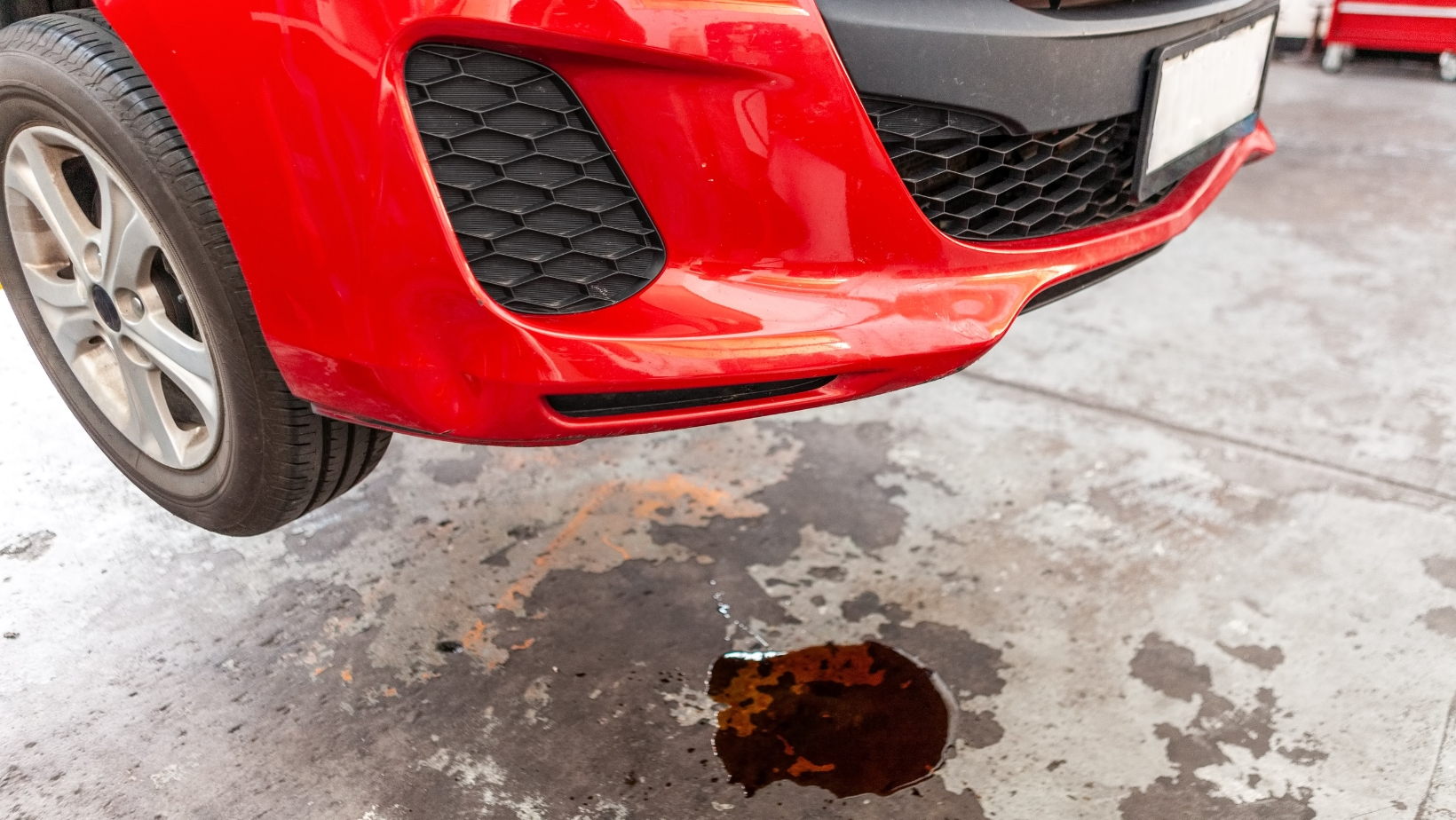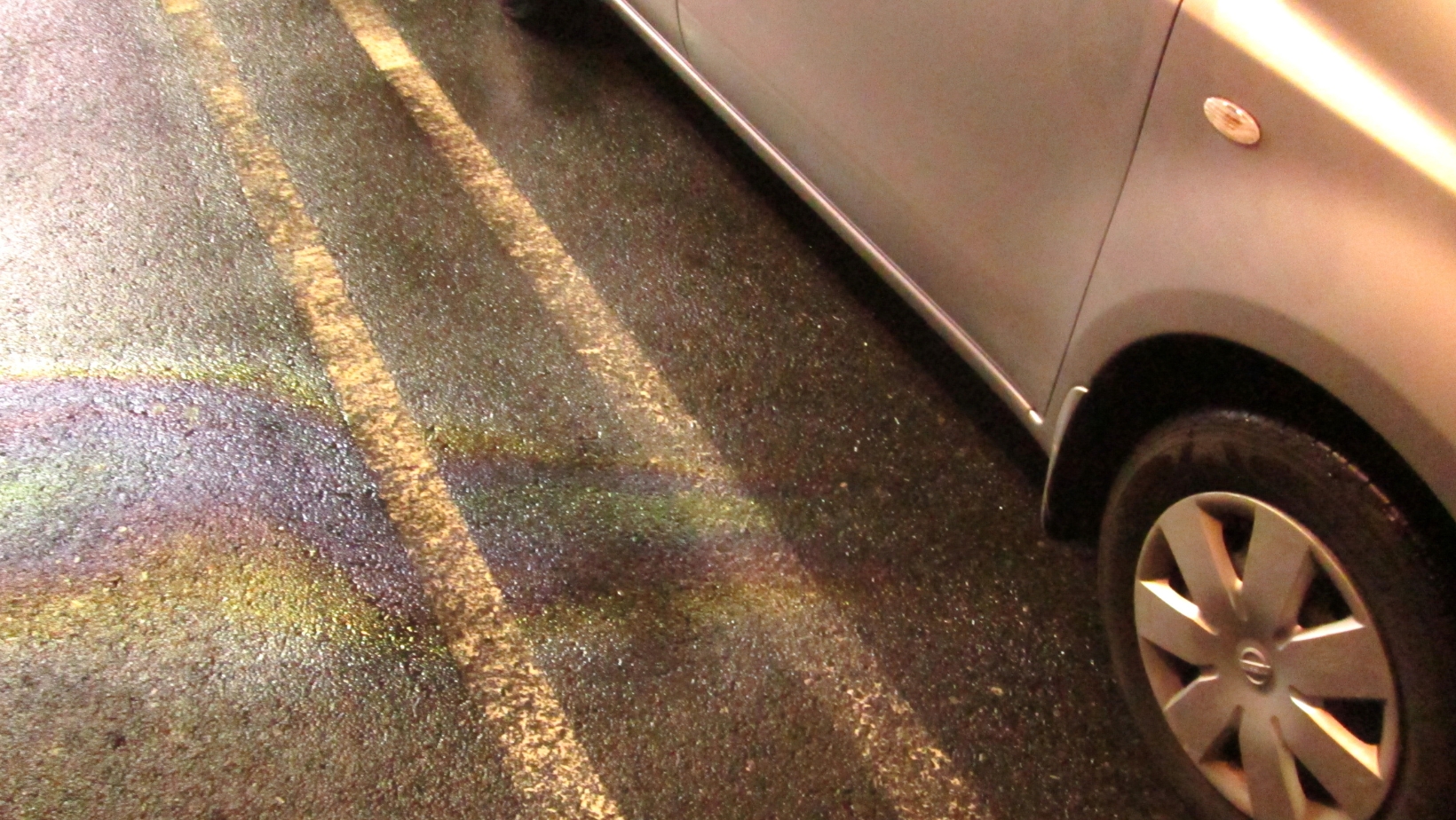Having your car repaired only to find it still leaking oil can be frustrating and concerning. After all, the purpose of a repair is to fix the issue and ensure that the problem doesn’t persist. So why is your car still leaking oil after repair?
There could be several reasons for this ongoing issue. First, it’s possible that the initial repair was not performed correctly or completely. This could mean that certain components were overlooked or not properly tightened, leading to continued oil leakage. It’s essential to double-check with the mechanic who performed the repair to ensure that everything was done correctly.
Another possibility is that there are additional underlying issues causing the oil leak. Sometimes, one problem can be a symptom of a more significant mechanical issue within your car’s engine or lubrication system. In such cases, addressing these underlying problems may be necessary in order to fully resolve the oil leak.
Lastly, it’s important to consider whether there has been any recent damage or wear and tear on your car since the initial repair was done. External factors like accidents or rough driving conditions can potentially cause new leaks or worsen existing ones.
In any case, if you find that your car is still leaking oil after a repair, it’s crucial to address the issue promptly by consulting with a trusted mechanic who can diagnose and resolve the problem effectively. Ignoring an ongoing oil leak can lead to further damage and potential safety hazards down the road.
Car Still Leaking Oil After Repair
Common Causes of Oil Leaks After a Repair
So, you recently took your car to the repair shop, hoping that the oil leak issue would be resolved once and for all. However, to your dismay, you’re still seeing those dreaded oil stains on your driveway. What could be causing this persistent problem?
One common reason why your car may still be leaking oil after a repair is due to an improper installation of the new gaskets or seals. These components are crucial in preventing oil from seeping out of the engine. If they were not installed correctly or if they have worn out over time, it can lead to ongoing leaks.
Another possible cause could be residual debris or contaminants left behind during the repair process. Even if the mechanic fixed the initial leak, small particles or dirt might have found their way into the system and caused new leaks to occur. It’s important for technicians to thoroughly clean and inspect all components before reassembling them.
Signs and Symptoms of an Oil Leak in Your Car
Detecting an oil leak early on is key to avoiding further damage to your vehicle’s engine. Keep an eye out for these telltale signs that indicate a potential oil leak:
- Visible puddles: If you notice pools of dark liquid underneath your car after it has been parked for some time, it’s likely that you have an oil leak.
- Burning smell: A strong odor of burning oil while driving can signal a leak as well.
- Low oil levels: Regularly check your car’s dipstick for accurate readings on its oil level. If you consistently find low levels despite no obvious signs of leakage, there may be an underlying issue.
- Engine performance issues: An engine running rough or making unusual noises could be attributed to insufficient lubrication caused by an oil leak.
If you spot any of these indicators, it’s important to address the issue promptly to prevent further damage.

Steps to Stop and Fix an Ongoing Oil Leak
If your car is still leaking oil after a repair, don’t panic just yet. There are steps you can take to stop the leak and ensure proper repairs:
- Identify the source: Carefully inspect your engine, paying close attention to areas such as the oil pan, valve cover gaskets, or oil filter housing. Look for any visible signs of leakage or loose components.
- Tighten or replace parts: If you find any loose bolts or damaged gaskets, tighten them securely or replace them if necessary. It’s crucial to use high-quality replacement parts to ensure a proper seal.
- Clean the affected area: Before attempting any repairs, make sure to clean the surrounding area thoroughly. This will help you identify new leaks more easily and prevent contaminants from entering the system during reassembly.
- Seek professional help if needed: If you’re unsure about how to proceed or if the leak persists despite your efforts, it’s best to consult with a qualified mechanic who can diagnose and fix the issue correctly.
Remember that addressing an ongoing oil leak promptly is vital for maintaining your car’s performance and preventing potential engine damage down the road.
By understanding common causes of oil leaks after a repair, recognizing signs of an oil leak in your car, and taking appropriate steps towards fixing it, you’ll be better equipped to tackle this frustrating issue head-on.







































